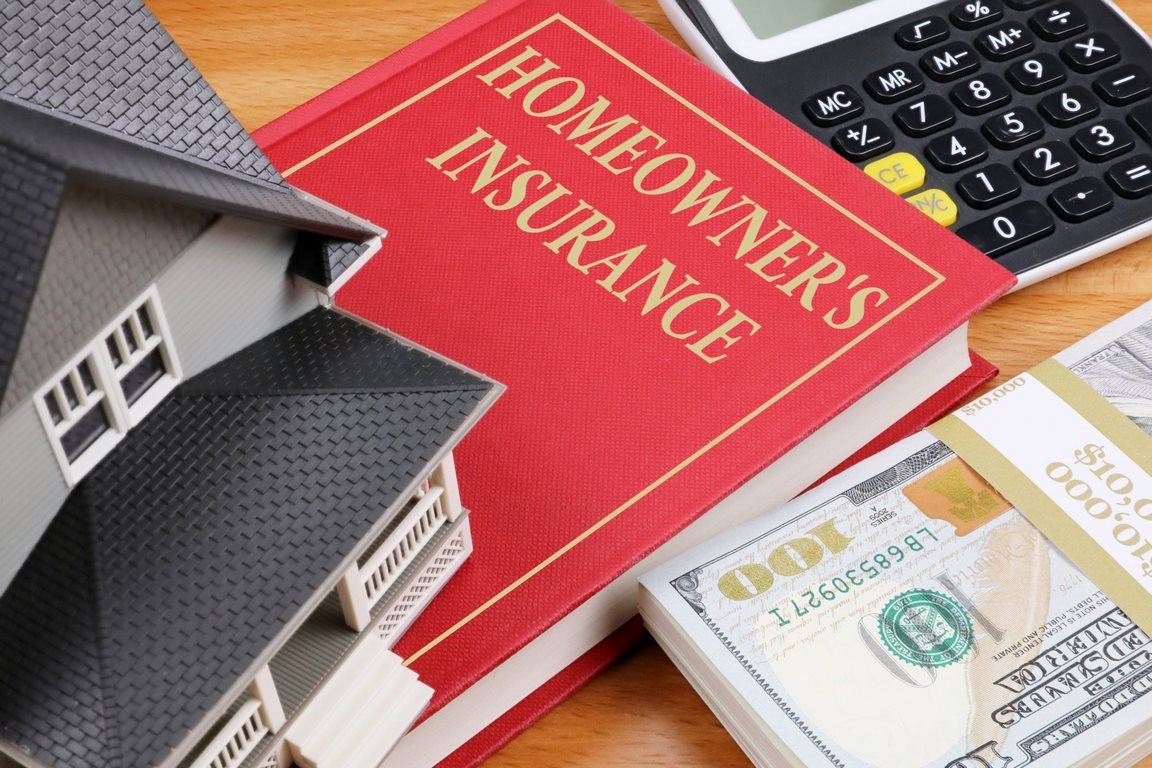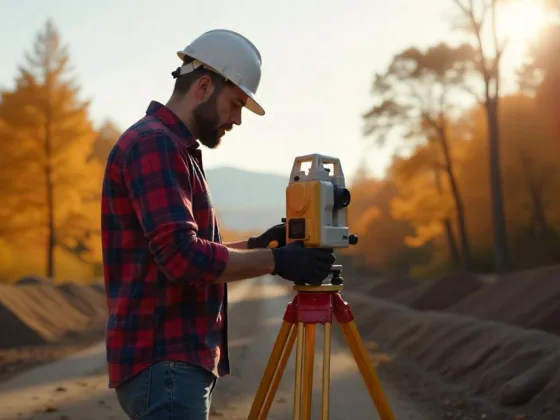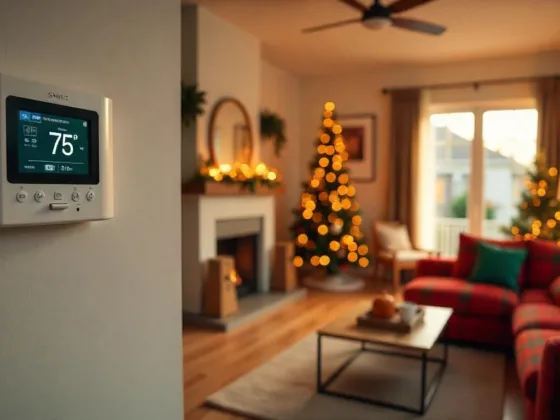Table of Contents Show
Purchasing a new home is a major investment, and it’s one that you should do your best to protect. Homeowner’s insurance is a way that you can protect your investment. This is especially important if you have a high-value home.

Homeowner’s insurance provides you with financial benefits if your home is damaged or destroyed by certain perils. These policies also provide coverage if someone who’s visiting your home gets injured while they’re there.
What Does Homeowners Insurance Cover?
Each policy, including high value homeowners insurance, has a list of perils that it covers and perils that it won’t cover. When a peril that’s covered occurs, the homeowner can contact the insurance company to file a claim.
The policyholder will cover their deductible, which varies based on the terms of the policy. The insurance will cover the damages associated with the peril.
Pay close attention to the monetary limits that are listed on the policy because this is the maximum amount that can be received for the damages. An insurance agent can guide you better on this.
How Can You Get More Coverage?
While a high-value homeowner’s insurance policy provides coverage for the structure of the home and some limited other points, there are times when homeowners will need even more coverage.
Supplemental policies offer coverage for certain items and perils that aren’t covered in the standard homeowner’s insurance policy.
Read Also:
Umbrella Policy
This type of supplemental coverage offers more protection from personal liability. The cost is often minimal, but the policy will reduce what you’re responsible for if the benefits of your basic homeowner’s insurance policy have been exhausted.
Your chance of being sued for damages if something happens on your property is reduced if you have umbrella coverage.
Flood Insurance
Flood insurance is required for some homes that still have mortgages on them. The National Flood Insurance Program is designed for homes in certain flood zones.
A typical homeowners insurance policy offers only limited coverage for water damage or flooding, so a flood insurance policy is critical if there’s a high chance of your home flooding.
Earthquake Coverage
Standard homeowner’s insurance policies don’t cover damage to homes from earthquakes so you need to get a supplemental policy or an endorsement on your current policy if you live in an area that’s likely to be struck by an earthquake.
This coverage also pays for temporary accommodation and specific expenses if you’re unable to inhabit your home due to the earthquake.
Personal Property
The personal property limits on a standard homeowners’ policy are usually very small. If you have high-value assets, such as art collections, firearms, or jewelry, additional personal property coverage helps you to recoup the costs if you lose those items due to a covered peril.
Sewer Backup
A homeowner’s policy may cover water damage from broken pipes, but it usually won’t cover the damages of a backed-up sewer drain. Cleaning up after this type of incident can be costly, so the small increase in premiums you pay for coverage is usually beneficial.
Where Can You Get Help?
When you’re ready to get the homeowners insurance that covers your most valuable asset, you should speak to an agent who’s familiar with property values similar to your home’s.
They can discuss your circumstances and needs with you so they can suggest the coverage that best suits your situation. Remember, the goal is to have peace of mind in knowing that your home is covered if something unfortunate happens.









